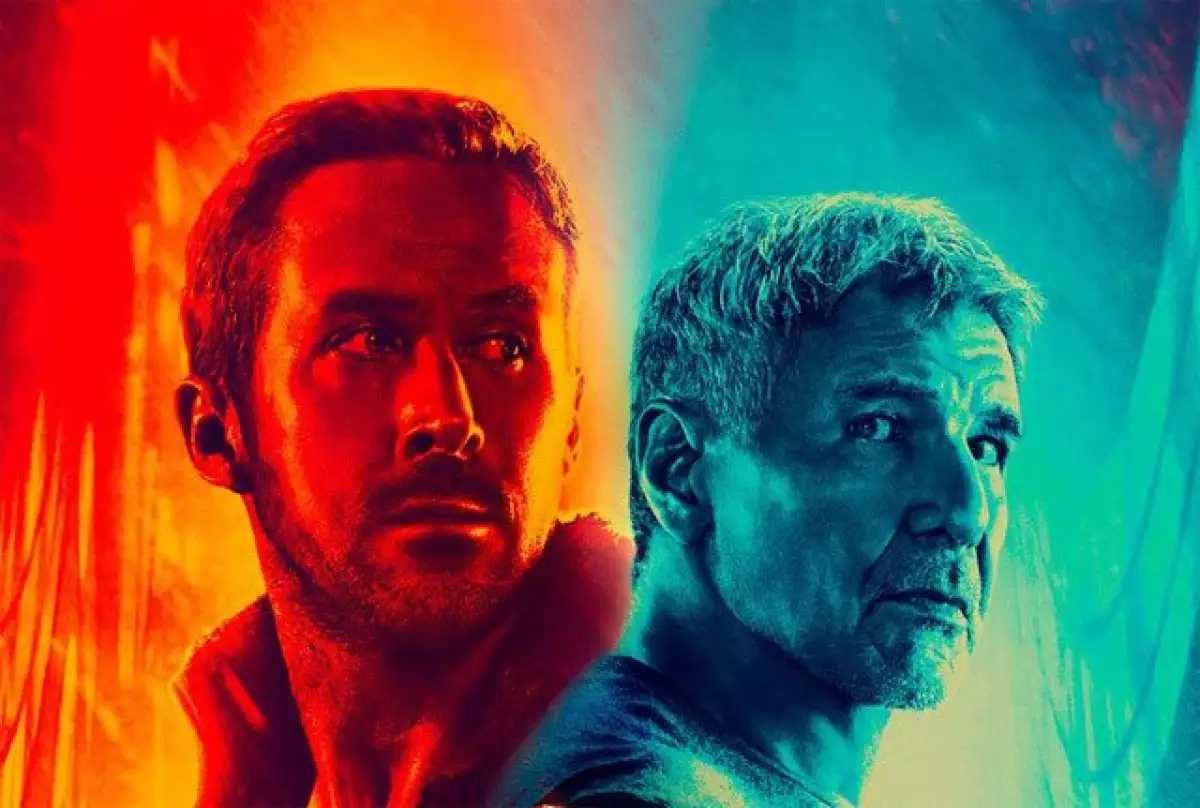Throwback: Blade Runner 2049 - A dazzling showdown or empty spectacle?
Looking back, Blade Runner 2049 was a visual spectacle, expanding on Ridley Scott's 1982 cult classic. But beneath the breathtaking visuals, did it offer the soulful depth of its predecessor or merely present as an empty, albeit beautiful, vessel?

Blade Runner 2049 (Source: Deadline)
The Soulful Ambiguity of Blade Runner 2049
When it comes to imagining a dystopian future where humans and androids walk hand in hand, Hollywood has given us quite a few tales to chew on. Yet, few have been as anticipated as the sequel to Ridley Scott's 1982 masterpiece, Blade Runner.
Westworld or Blade Runner? The Lines We Blur
We may have been talking about Westworld, but there's no denying the resemblance. Both are tales of robotics, autonomy and the essence of being human. Denis Villeneuve's "Blade Runner 2049" certainly reignited the flame of the original. Yet, some argue it's more style over substance. Whether you were a fan or a mere passerby in the cinematic realm, Villeneuve's rendition was definitely hard to ignore.
Collaborating with legendary cinematographer Roger Deakins, the Los Angeles of 2049 came alive in all its melancholic beauty: replicants, holographic lovers, and the ever-present feeling of desolation. "It’s grim, hopeless stuff, but not without its beauty."
Beneath the Grandeur: The Narrative Arc
While visually enchanting, the film's plot had its own tug-of-war to play. Introducing a new Blade Runner, K (Ryan Gosling), the story weaves into the enigmatic world of Rick Deckard (Harrison Ford). But while the original Blade Runner left its audience haunted by its inscrutability, "2049 is, at root, disappointingly simple and straightforward," making one question whether the film's narrative stood up to its grand visual promise.
But let's face it - even with its critics, Blade Runner 2049 was a milestone of its time, a moment when we were grappling with the reality of 2017 and dreaming of the distant 2049. It's a testament to cinema, a reminder of why theaters matter, and most importantly, a nod to Ridley Scott's timeless classic. As we reminisce, we can't help but acknowledge: that the future, as perceived then, is a lot closer now.
"There are moments in Blade Runner 2049 when sight and sound converge mightily, and the film feels as bracing and urgent as any of the best big-ticket cinema spectacles."
(Several parts of the text in this article, including the title, were generated with the help of an AI tool.)







